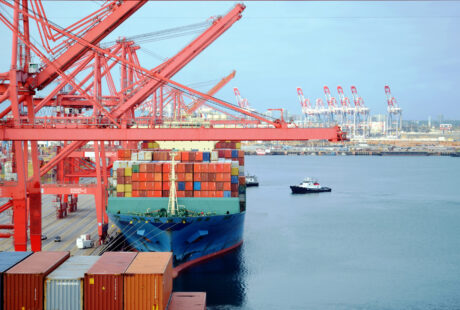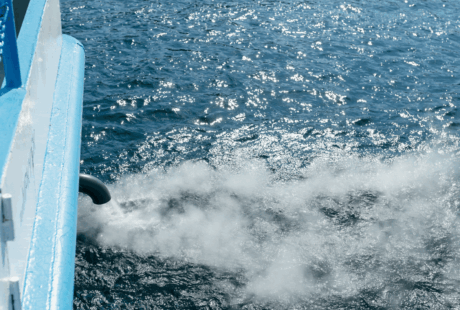London, 4 October 2024:- As this week’s International Maritime Organization’s Marine Environment Protection Committee meeting (IMO, MEPC 82) comes to a close, the Clean Shipping Coalition and Brussels-based NGO, Seas At Risk, urged the national delegations of countries that support ambitious climate action to properly resource and pick up the pace of negotiations to ensure that shipping’s climate pollution peaks and reduces in line with the IMO’s 2023 GHG strategy, thus curbing the sector’s contribution to the worst impacts of climate breakdown.
“The Clean Shipping Coalition is particularly concerned that the revision of the IMO’s Carbon Intensity Indicator (CII) ship efficiency standards, which commenced at this meeting, has not been allocated the resources it requires to succeed”, Clean Shipping Coalition President Delaine McCullough. “While we saw encouraging signs of a rapidly growing number of IMO member states coming together around the universal GHG emission levy, including efforts by states to combine several options into one, there is a disturbing lack of progress on making the hard choices”.
“Nowhere is this more problematic than the lack of urgency we are seeing around strengthening the energy efficiency measure”, continued McCullough “To be clear: failure to maximise the efficiency of the sector immediately will put the goal of cutting emissions by 30% by 2030 completely in serious jeopardy.”
“Wrangling over the negotiating time, with some delegations supporting one strand of the talks poaching meeting time off the other is no way to conduct this work. The levy, fuel standard and efficiency measures are equally important and need to be treated as such by negotiators and the IMO”, added McCullough. “The governments of Spain, Germany, Netherlands, Belgium, Japan and others must ensure that their delegations do not continue to hinder progress.”
Along with last week’s Intersessional Working Group on Reduction of GHG Emissions from Ships (IMO, ISWG-GHG-17), this was the first occasion with all three critical elements of the IMO’s implementation of its GHG Strategy – the Carbon Intensity Indicator (CII) revision, Global Fuel Standard (GFS) and a greenhouse gas (GHG) levy on the table at the same moment.
“With just six months left until the next deadline, the time to act is now if the shipping industry is to meet the IMO decarbonisation targets”, said Anaïs Rios, Shipping Policy Officer, Seas At Risk. “And it’s a no-brainer – The right tools already exist: An ambitious levy, combined with efforts to reduce energy use through technologies such as wind, and a global fuel standard. This three-step approach not only offers the most cost-effective path to zero-emissions but also ensures that everyone benefits from the transition – cutting shipping greenhouse gas emissions whilst making sure that no country is left behind. So, what are we waiting for?”
Posted on: 4 October 2024



